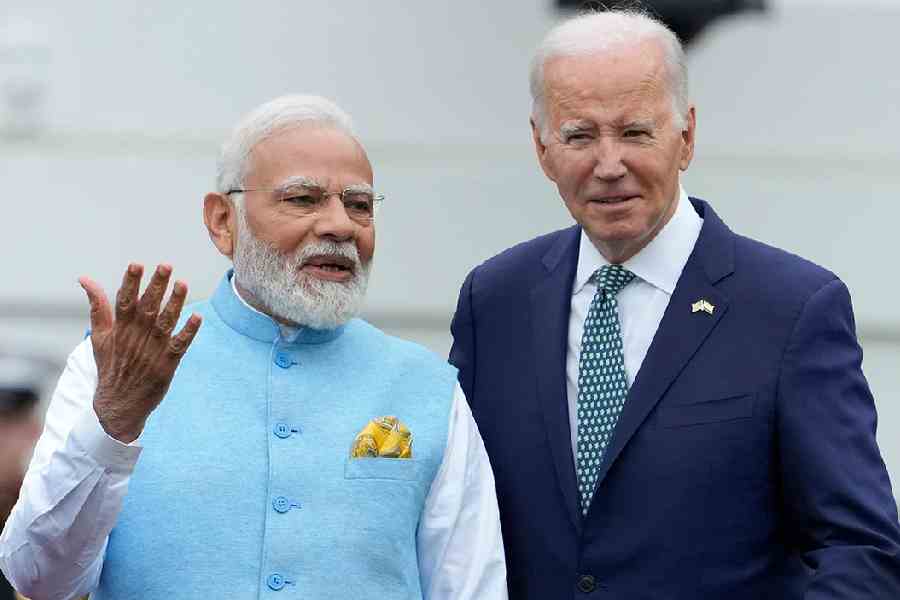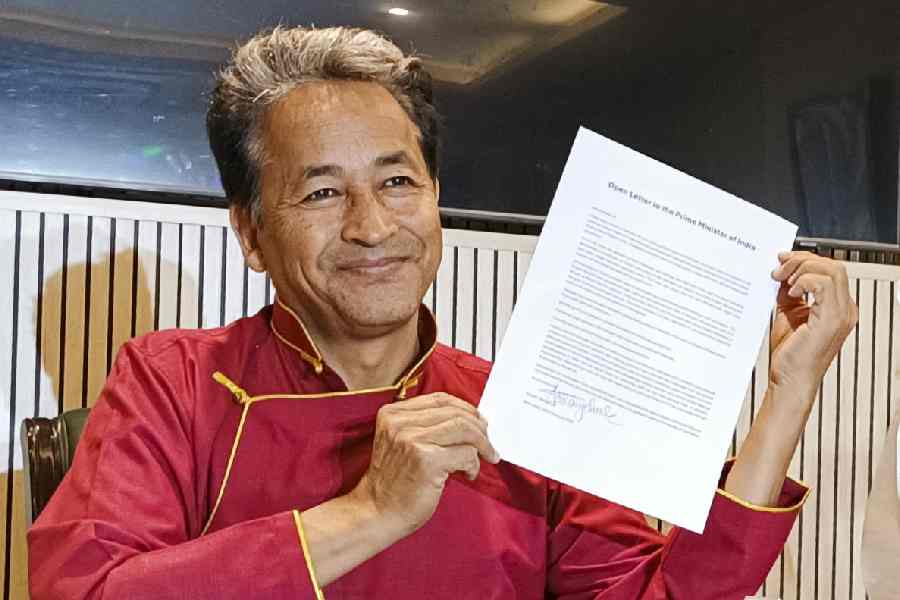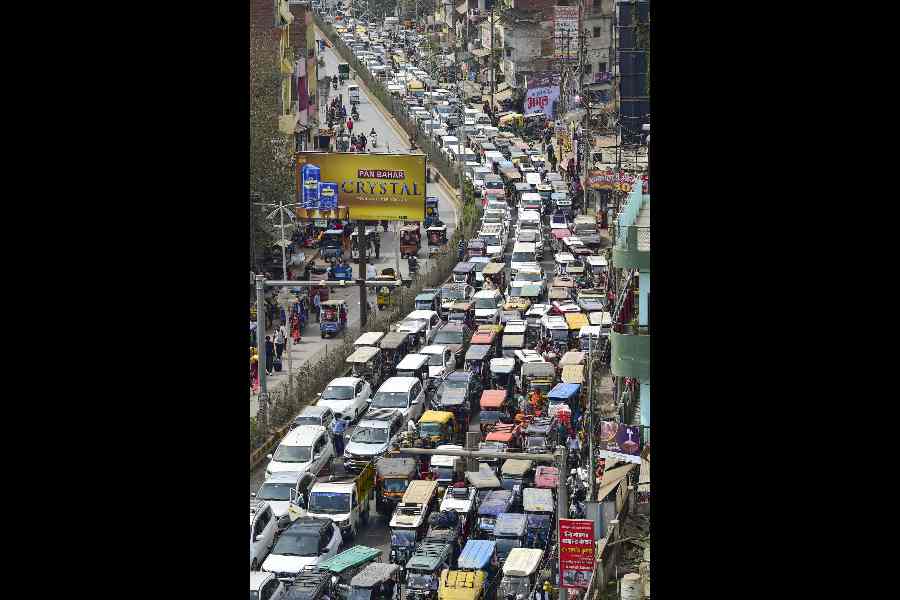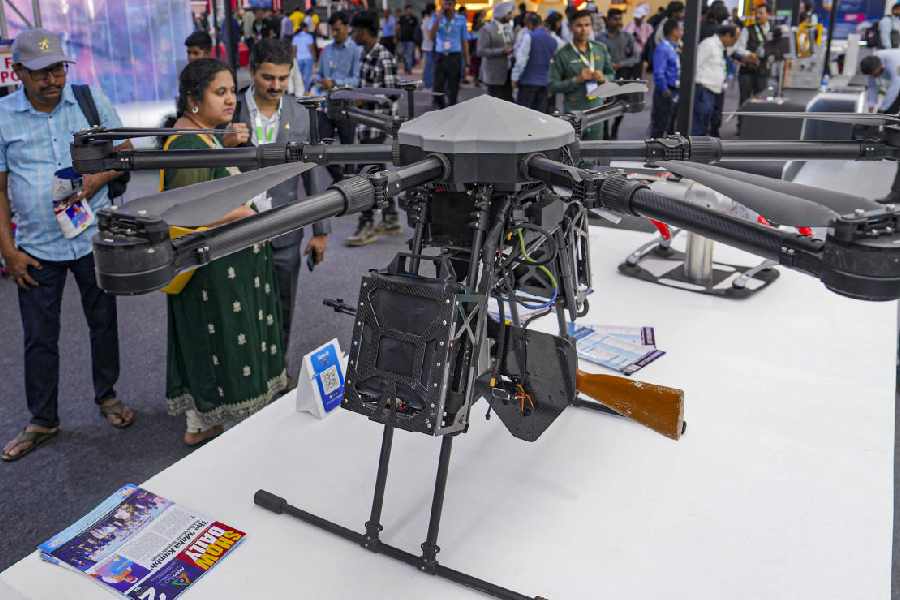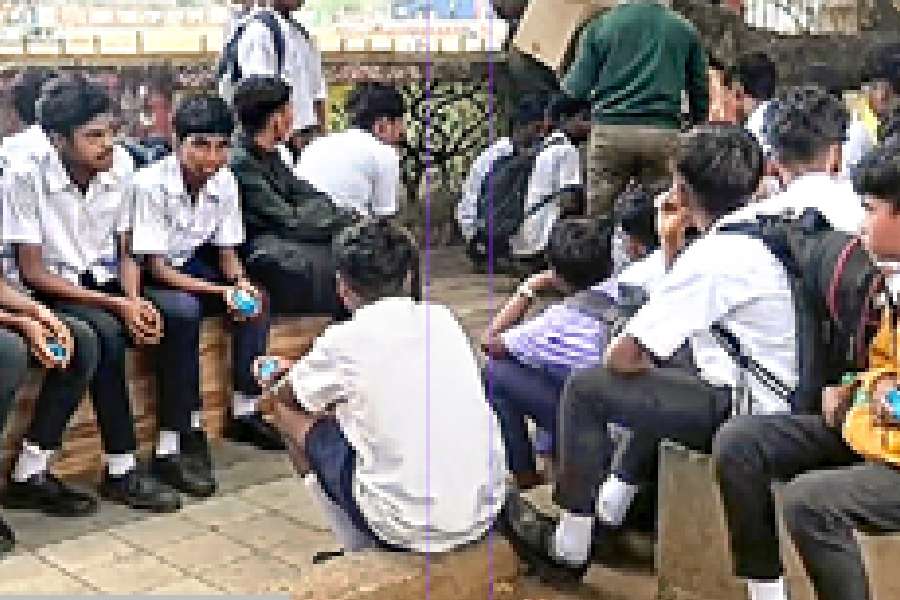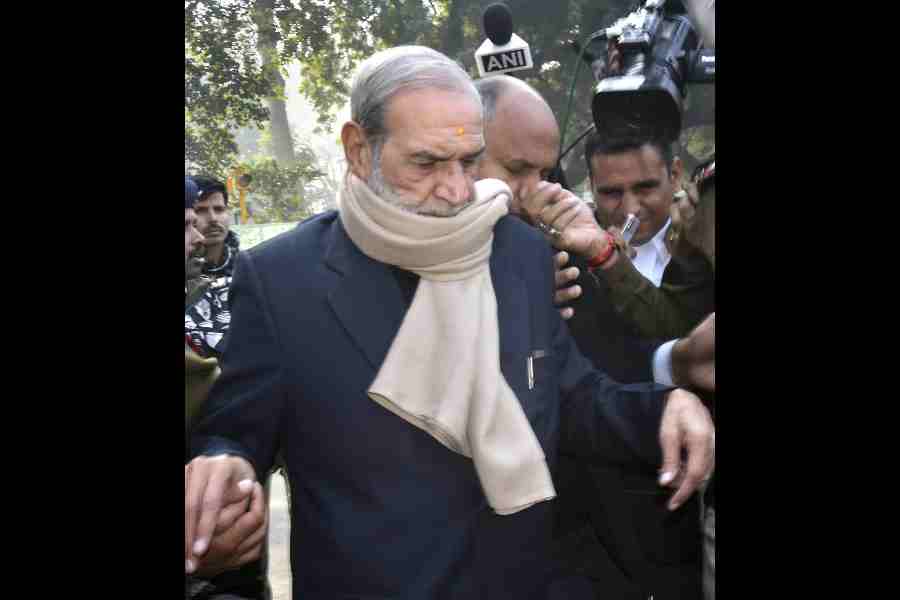Can the West trust India? That question was at the heart of several recent editorials and columns that have appeared in the British and the American media amidst India’s tense standoff with Canada over Ottawa’s allegations that New Delhi’s intelligence operatives might have killed the Sikh separatist, Hardeep Singh Nijjar, near Vancouver in June. Central to that question is the sense that if India did orchestrate an assassination on Canadian soil, it not only violated international law but also did so behind the back of a purported strategic partner. Yet, missing in the hand-wringing visible in Western capitals is any self-reflection. Instead, the Western response to the Indo-Canadian diplomatic crisis betrays multiple layers of hypocrisy masked as a strategic dilemma. Just three weeks ago, the president of the United States of America, Joe Biden, and his allies, including the Canadian prime minister, Justin Trudeau, were in New Delhi for the G20 Summit where they agreed to India’s formulation of a joint communiqué that steered clear of any direct criticism of Russia over its war in Ukraine. While Indian diplomacy deserves credit for stitching together a consensus at the G20, New Delhi’s clout with the West undeniably boils down to its strategic significance as a counterweight to Beijing in the Indo-Pacific region.
That calculus has not changed, irrespective of the facts of the Nijjar case. When the United Kingdom accused Russia of attempting to poison a former agent and his daughter in 2018, the US, Canada and their European allies expelled dozens of Russian diplomats and imposed other punitive measures on Moscow. No Western nation is likely to respond that way against India even if Canada comes forward with irrefutable evidence tying New Delhi to Nijjar’s assassination. India, like Russia in 2018, has denied any role in the killing. But while New Delhi is a friend the West does not want to alienate too much, Moscow is an enemy that cannot be given the benefit of doubt. In neither case is the response shaped by faith in international law. Just as the US and its allies have not worried about respecting the sovereignty of other nations when they have carried out targeted assassinations in those countries. Still, the Nijjar case has made it clear that the US and its allies view New Delhi as a partner that needs to adhere to standards they themselves do not follow. It should surprise no one, then, if Indian strategic thinkers flip the question to ask: can India trust the West?

